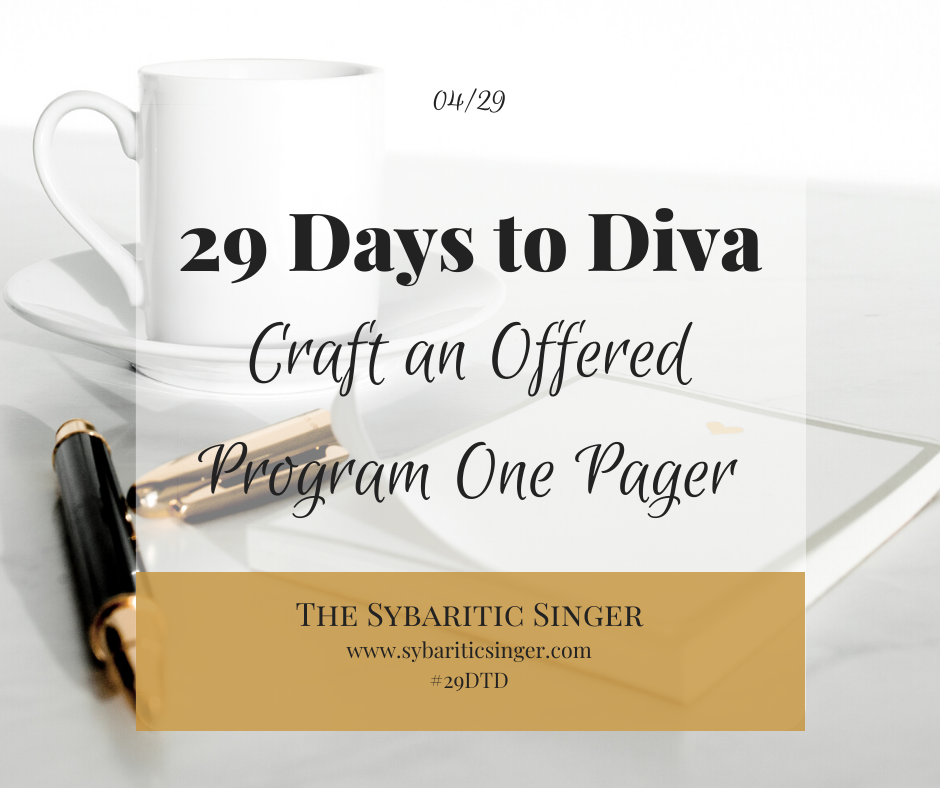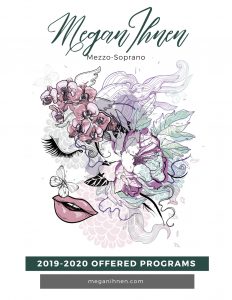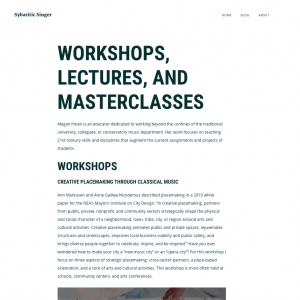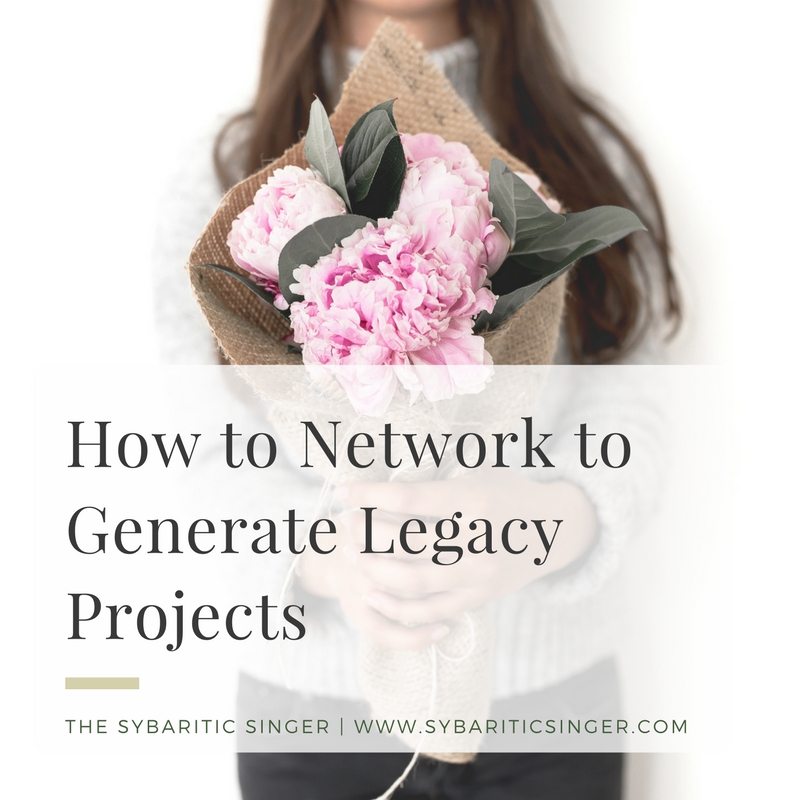Before we explore more nitty-gritty micro actions in this series, it helps to have your own working example to build on. Whether you’re a singer, composer, instrumentalist, teacher, or all/none of the above, today’s assignment will apply to you. You may need to swap out some of the language we use here to make it more specific to your own experience. However, it is my hope that you’ll do that throughout the series to make it as useful to your work as possible.
What is an offered program? Think about the work you do through the lens of activities and services for a moment. What activities or services do you routinely provide in your professional music life? Are you a soloist? Are you a workshop leader or guest lecturer? Do you compose for others? Those are your activities and services that we’ll focus on to create an offered program.
[Like the images that you see in the 29 Days to Diva series? Haute Stock is my secret weapon for the kind of photography that will get you noticed and leave a lasting first impression.]
29 Days to Diva Day 4 Assignment – Craft an Offered Program One Pager
By focusing your attention on the Be/Do/Have/Make list, setting up a Pitch/Submit/Apply/Ask trigger, and journaling about when you felt the most like you when performing, I hope you’re beginning to experience some clarity around the most meaningful and satisfying aspects of your work.
What do you really want to be doing in your musical life?
Once you’ve begun to identify which projects and collaborators and what repertoire and activities really light you up, you’ll want to let people know to hire you for those things. That’s where our one pager comes in. This may seem overwhelming if you’re just beginning your career. That is normal. You only have to create one. Perhaps you can take your most recent recital as a starting point. If you have been doing this for a while, let today’s assignment be an invitation to either update and refine your existing one pagers or create a new one for that new vision that’s been calling your name.
Here’s your basic outline for your one pager
In this document we want to give decision-makers information about why they would hire us. Your one pager needs:
- Title
- Short biographical information
- Heading for the service/activity
- Titles of musical works; titles of your workshops/masterclasses
- Brief paragraph for context about the performance, collaborators, or content of the workshop/masterclass
- How to book you
- Contact information
Examples of offered programs
Sometimes it really helps to just see an example. I’ve included two of my own here. I didn’t use my own to be egomaniacal. Rather, I wanted you to see that I actually use these documents and they serve a real function in my professional life.
The one on the left is dedicated to the performance programs that I’m currently booking. The image on the right is an example of my workshops, lectures, and masterclasses one pager that you can find right on this site.
Divas, I want you to get hired. Plain and simple. One of the ways that we do that is to make it easier for other people to know what to hire us for and how they can do that. Having an offered programs one pager by itself doesn’t magically turn into you getting more gigs. But, you’ll have something to send people when your Pitch/Submit/Apply/Ask trigger comes up. Be forewarned, there is such a thing as getting too bogged down on something like this in a sneaky form of procrastination. Tasks like spending two hours fussing over your Facebook header, nitpicking the colors of your website, or hemming and hawing over an offered programs draft are not producing income. Please double check your work for typos and make sure your diacritical marks are accurate. But, there’s a reason this is a micro action. Do it in one day and move on to the next part.
What kinds of questions do you have around creating your own offered programs one pager? I love solving real world questions and challenges. I’d be more than happy to hear about yours. Please comment below or find me on social media. I’m @mezzoihnen.
Did you like this post?
I bet you’ll really like this one too.
You will want to start cultivating real, genuine relationships with people in those roles so that you can grow together. Every production you’re in, every festival you attend, every grant panel you sit on, every masterclass you sweat through is an opportunity to meet fellow artists and musicians who are likely to stick with you throughout your career. Notice that you need to cultivate “real, genuine relationships.” This doesn’t mean that you have to start every conversation with “what’s your deepest fear?” It does mean that you will have to strategically move past small talk and surface level connections.




